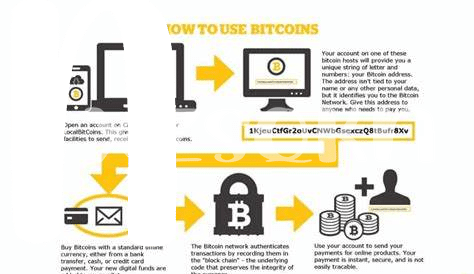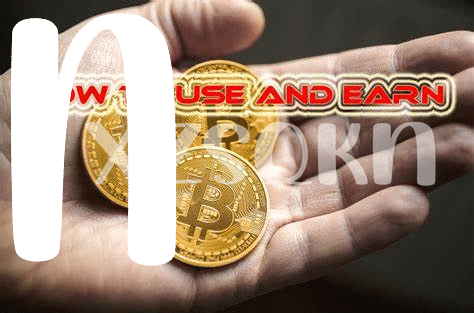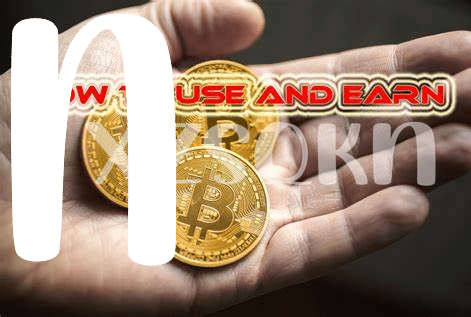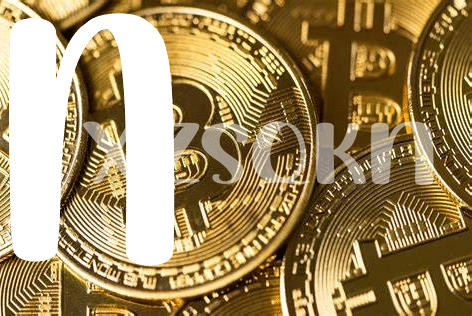🌟 What Is a Bitcoin Wallet Anyway?

Imagine having a special wallet, not for keeping paper money and coins, but for storing digital cash called Bitcoin. This unique wallet doesn’t sit in your pocket or purse; it exists on computers and smartphones, safeguarding your virtual money in the digital world. A Bitcoin wallet is pretty much your personal gateway to buying, keeping, and spending Bitcoin. It’s like a digital lockbox where only you have the key, making sure your digital riches stay safe and sound. These wallets don’t actually hold your Bitcoin in the traditional sense; think of them as keys that unlock access to the Bitcoin you own on the blockchain, which is a fancy way of saying a secure, online ledger that records transactions.
Here’s a simple breakdown of how these wallets work:
| Component | Description |
|---|---|
| Public Address | Think of it like your home address but for receiving Bitcoin. Shareable without risk. |
| Private Key | This is your secret pin! Never share it. It unlocks access to your Bitcoin to send or use. |
When you decide to buy some Bitcoin, your wallet generates a unique, digital signature by using your private key to verify transactions. This ensures that the Bitcoin you spend is rightfully yours to send. It’s all about keeping your digital treasure locked away safely while still allowing you to interact with the wide world of Bitcoin transactions and trading.
🔑 Keys to Your Digital Treasure Chest
Imagine a key that opens a treasure chest filled with digital gold. That’s pretty much what the “keys” in your Bitcoin wallet are—magical passcodes that allow you to access and manage your digital currency. Just like you wouldn’t leave the keys to your treasure chest lying around for anyone to find, securing these digital keys is crucial. There are two vital types of keys in the world of Bitcoin: one that lets you spend your Bitcoins (kind of like a key to a treasure chest) and one that lets people send Bitcoins to you (like giving someone a map to where to send treasure, but only you can open it).
To understand more about how revolutionary Bitcoin really is, and how its value can shift with global events, check out this deep dive at https://wikicrypto.news/decoding-bitcoins-price-the-impact-of-global-events. Just as you wouldn’t choose a flimsy lock for your treasure chest, picking the right wallet requires understanding the balance between accessibility and security. Because at the end of the day, keeping your digital gold safe is about more than just strong passwords and encryption—it’s about smartly managing those keys so that your treasure chest remains only yours to open.
💽 Different Flavors: Types of Bitcoin Wallets

Imagine walking into a candy store, but instead of sweets, there’s a world of digital wallets to choose from, each designed to securely hold your precious Bitcoin. 🍬 Like candies, these wallets come in a variety of flavors and it’s essential to pick one that suits your taste. First, there’s the ‘hot wallet’, always connected to the internet, offering convenience for daily spenders but attracting more attention from online thieves. On the chillier side, ‘cold wallets’ stay offline, making them less accessible but significantly more secure, perfect for the digital equivalent of saving your cash under the mattress.
Diving deeper, there are hardware wallets, little gadgets that you can almost picture as secure USB drives for your Bitcoin. They’re great for those wanting physical control over their digital currency. Meanwhile, software wallets live on your devices like smartphones or computers, blending security with ease of access. Then, there’s the paper wallet, a physical printout of your keys, reminiscent of a secret treasure map, guiding you to your digital gold. 🗺️💎 Each type offers its own balance of security, accessibility, and convenience, shaping the way you interact with your Bitcoin journey.
🛡️ Fortifying Your Digital Gold: Security Practices

Imagine your digital bitcoins as gold nuggets stashed in a high-tech vault. Now, to keep these golden bits safe, you need more than just a strong door; you need smart security habits. Think of hackers and thieves like savvy burglars, always on the lookout for any small opening to sneak into your digital treasure trove. To combat this, first and foremost, adopt a two-layer defense strategy: two-factor authentication (2FA). It’s like having a guard dog and a security system; even if someone gets past your password, they still have to deal with another layer of protection. Remember to regularly update your wallet software too. Developers continually fortify the vault’s walls with updates, keeping it impervious to new hacking strategies. Another golden rule is to keep a backup of your wallet in a secure place. Imagine if your digital vault vanishes because of a computer glitch; having a backup restores your gold without a hitch. Even better, consider storing a significant stash in “cold storage” options, like a hardware wallet – it’s like keeping most of your gold in a mountain vault, far from prying eyes, and only carrying what you need in your pocket. For related insightful tips, check out this comprehensive guide on managing your bitcoin account. Keeping these practices in mind ensures that your digital gold remains just that – yours.
🔄 Moving Bitcoins: How Transactions Work
When you want to move your bitcoins, think of it as sending an email. But instead of sending a message, you’re sending money to someone’s digital wallet. Imagine each bitcoin as a little piece of digital gold that you can send across the internet. To do this, you need two things: the receiver’s wallet address, which is like their email address but for money, and your digital “key” to unlock your bitcoins for sending. This key is a special code that proves you own the bitcoins you’re about to send. Once you have these, you input them into your bitcoin wallet app, hit send, and voila, your digital gold is on its way to its new owner!
However, this process isn’t just about moving bitcoins from point A to point B. It’s supported by a complex system called the blockchain, which records every transaction in a way that’s secure and hard to tamper with. Think of the blockchain as a public ledger, an open book where every bitcoin transaction is noted down. This system ensures that every coin has a clear history, and it prevents people from making copies of their bitcoins or undoing transactions after they’ve been made. Every transaction is verified by other users’ computers in a process known as mining, which keeps the whole system running smoothly and securely.
| Step | Explanation |
|---|---|
| 1. Gather Details | Collect the receiver’s wallet address and your key. |
| 2. Use Wallet App | Enter details into your bitcoin wallet to prepare for sending. |
| 3. Hit Send | Confirm the transaction and send your bitcoins. |
| 4. Blockchain Verification | The transaction is recorded and verified on the blockchain. |
| 5. Transaction Complete | The recipient receives the bitcoins in their wallet. |
🤔 Picking the Perfect Wallet for You

Choosing the right wallet for your Bitcoin is a bit like picking a new home for your pet. You want somewhere safe, accessible, and comfortable that suits their needs – and yours. Each wallet type, from the digital ease of mobile apps to the physical security of hardware wallets, offers different benefits. It’s all about finding what fits your daily life. Are you an on-the-go person who needs to access your Bitcoin with a swipe on your phone? Or maybe you prefer the peace of mind that comes with storing your Bitcoin on a piece of hardware tucked safely in a drawer. Your choice should also factor in how tech-savvy you feel, as some wallets require a bit more know-how to operate. Remember, the aim is to make your Bitcoin journey as smooth as possible, turning the cyberspace maze into a straightforward path. And hey, while we’re on the topic, keeping an eye on the current value of Bitcoin can help you manage your digital treasure effectively. A quick visit to a bitcoin converter can provide you with the latest updates, ensuring you’re always in the loop. So, take a moment, think about what you really need, and choose a wallet that opens the door to a hassle-free Bitcoin experience.
